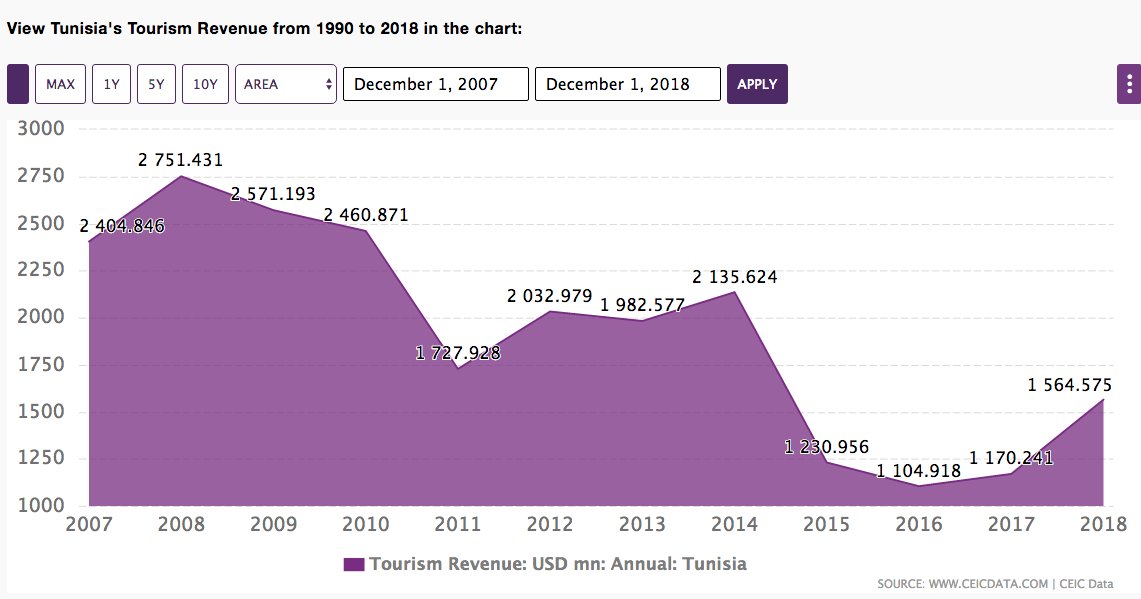(Thread) What can we learn from the #ArabSpring to assess #coronavirus consequences in the Middle East and North Africa ? A lot. 1/
Experts are raising the question of a potential second #ArabSpring triggered by #coronavirus. @FWehrey presented a good overview of the situation in the region in an OpEd in @nytimes. 2/ https://www.nytimes.com/2020/04/06/opinion/middleeast-coronavirus.html">https://www.nytimes.com/2020/04/0...
My argument, detailed in my book (in French), would however be that what unleashed the #ArabSpring never really stopped. It& #39;s still ongoing. #Algeria, #Lebanon and #Iraq showed in 2019 demands for dignity, national sovereignty, & rule of law continue. 3/ https://www.armand-colin.com/le-monde-arabe-en-morceaux-2e-ed-des-printemps-arabes-au-recul-americain-9782200628017">https://www.armand-colin.com/le-monde-...
But beyond the label, what& #39;s more decisive is to see which factors are useful to assess the @coronavirus crisis. Obviously it& #39;s too soon to draw too many conclusions but at least we can identify parameters that may play a role. Let& #39;s look at some of them. 4/
The 2011 uprisings were a wave of national protests related to a number of factors: demographics, politics, corruption, repression, weak infrastructures, unemployment, division within the security apparatus...Many things burst together. 5/
But the socio-economic factors which laid the ground for the " #ArabSprings" in 2011 give a good example of the kind of processes that could unfold in the coming months in addition to the strictly health-related issues of the #coronavirus outbreak. 6/
E.g. the 2007-08 intl financial crisis hit #MENA countries without oil revenues. Some of them were less exposed to financial markets but also more vulnerable to external shocks and foreign economic cycles. They felt the consequences of the situation in Europe gradually. 7/
Between 2007 and 2010, the situation in Europe led to a drop of 60% in the trade balance of goods of North-African countries, and of 14% for services. #Egypt and #Tunisia saw their tourism revenue decrease by 5%. FDI decreased by 31%. Remittances decreased by 6%. 7/
Tunisia& #39;s shrinking tourism revenues had not fully recovered from the revolution and have also been hit by terrorism. #Coronavirus may endanger the sector again as Europeans are stuck in Europe and may face a recession. 8/
Decrease in remmittance payments from workers in the MENA area is already identified today as one of the indirect consequences of #coronavirus. This will hit Foreign worker in MENA countries and MENA diasporas in the US, Europe and Asia. 9/ https://www.washingtonpost.com/world/as-coronavirus-layoffs-surge-in-richer-countries-poorer-ones-lose-vital-remittance-payments/2020/04/06/cf4bb42e-72b7-11ea-ad9b-254ec99993bc_story.html">https://www.washingtonpost.com/world/as-...
Compared to 2011, additional difficulties could make the #coronavirus consequences even harsher. In the 2000& #39; the main issue was absorbing millions of young qualified and unqualified workers. In the 2020& #39;, MENA societies must also deal with two times more elderly people...10/
...according to the UN, people aged 60+ in MENA region could get from 27M in 2015 to 50 million in 2030 = doubling in 15 years. While elderly seem to be more vulnerable to #coronavirus, the region hasn& #39;t the infrastructure to take care of them beyond family solidarity 11/
There are many more parameters to look at beyond politics and health to understand the full significance of the crisis. What started with the #ArabSpring still goes on, so what may begin with the #coronavirus is likely to have long term impacts. 12/ (end)

 Read on Twitter
Read on Twitter


